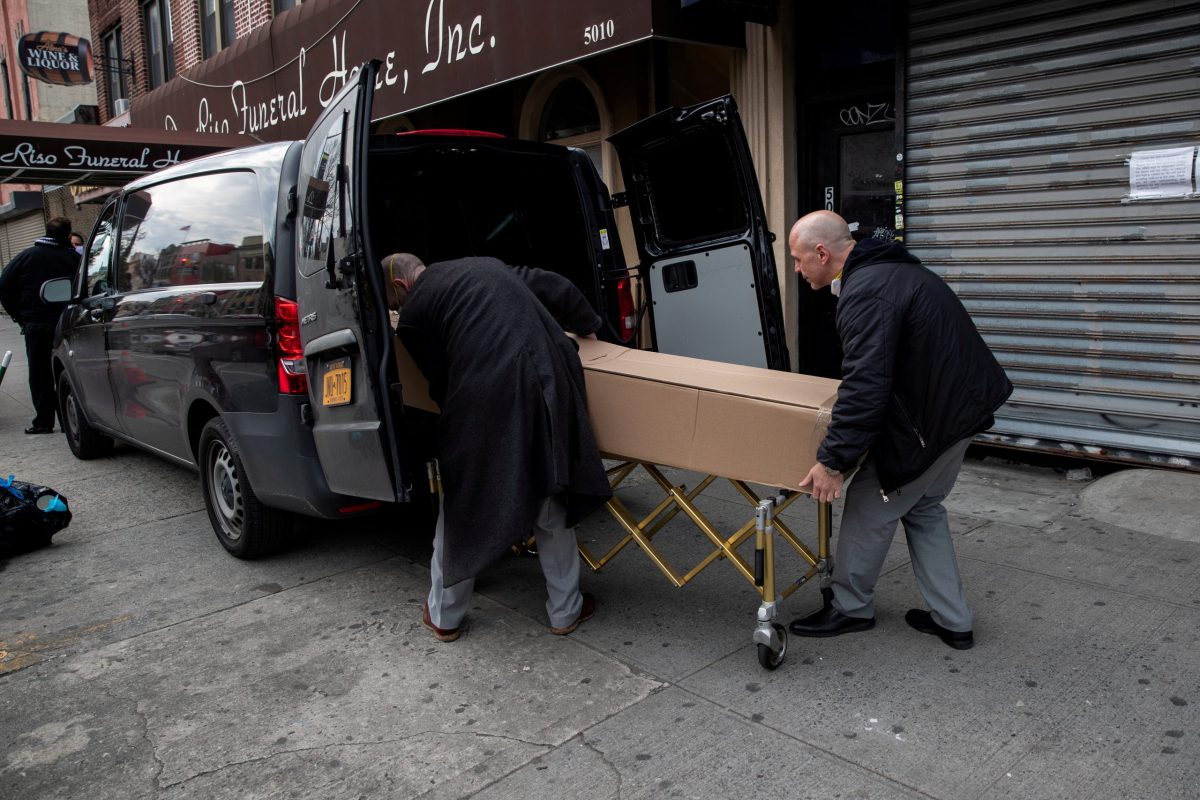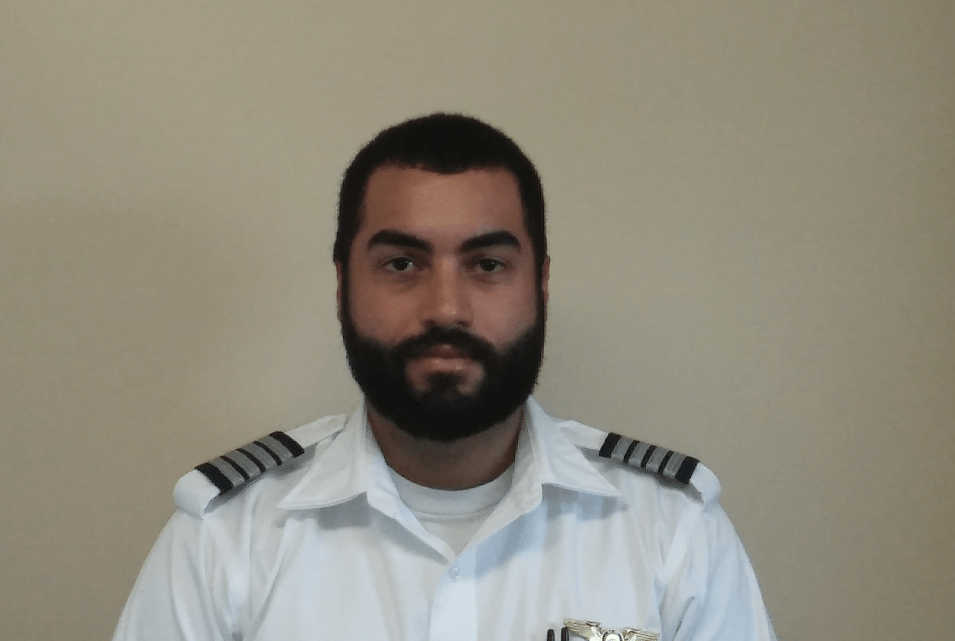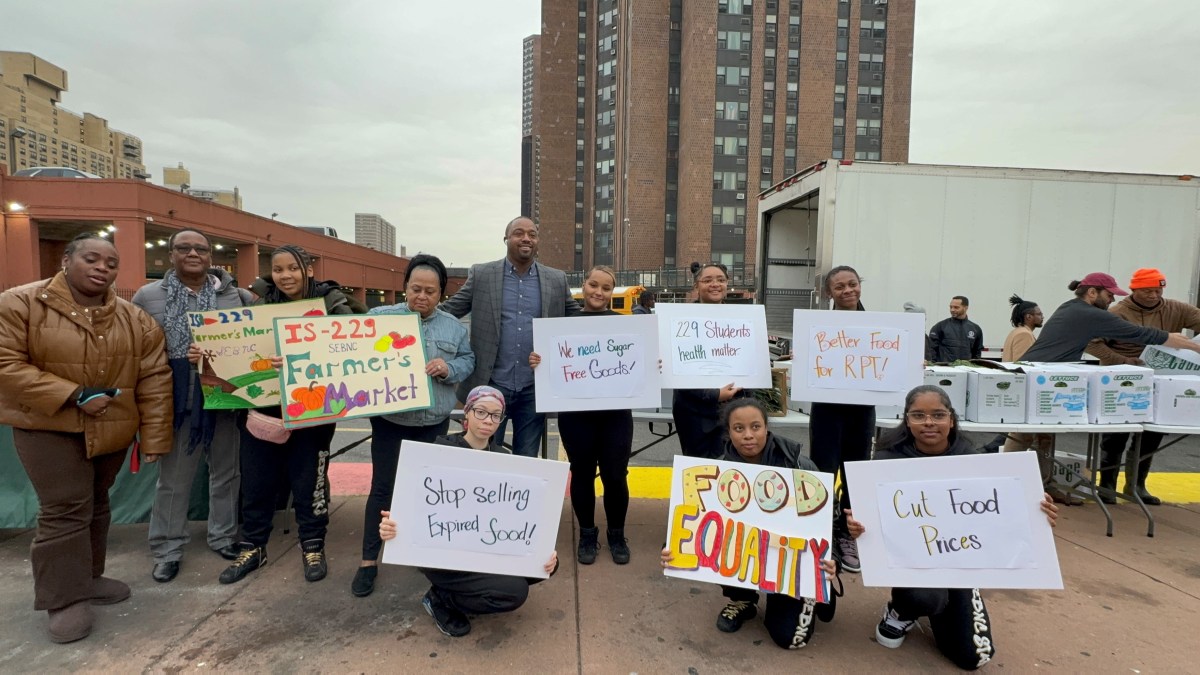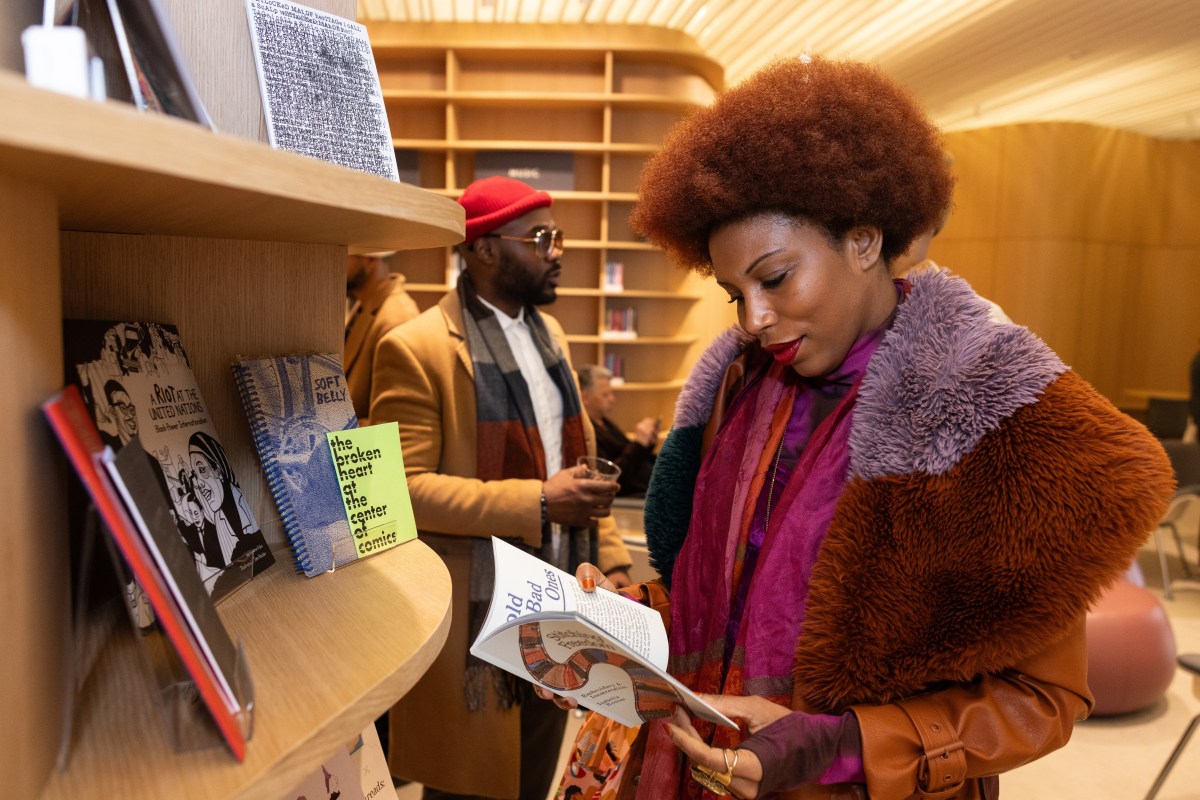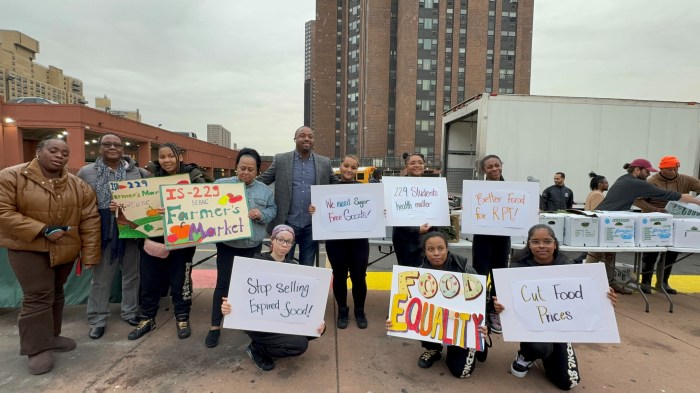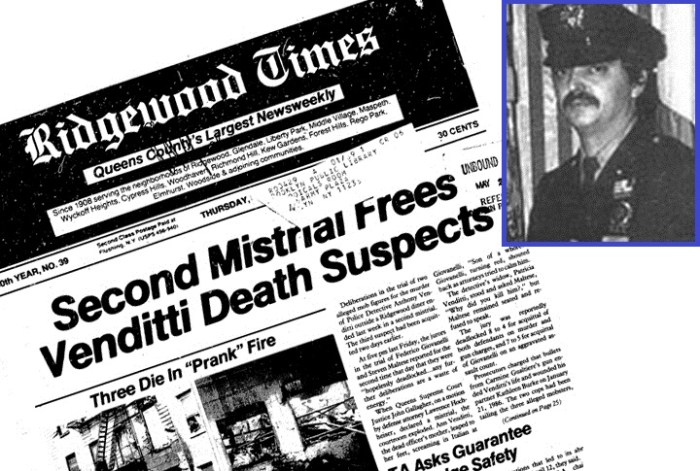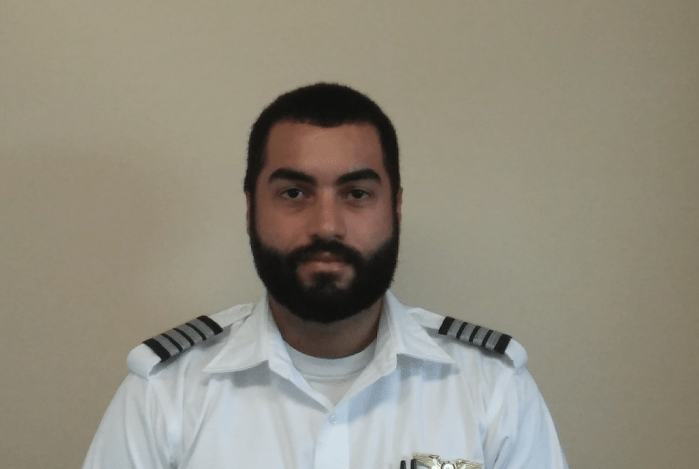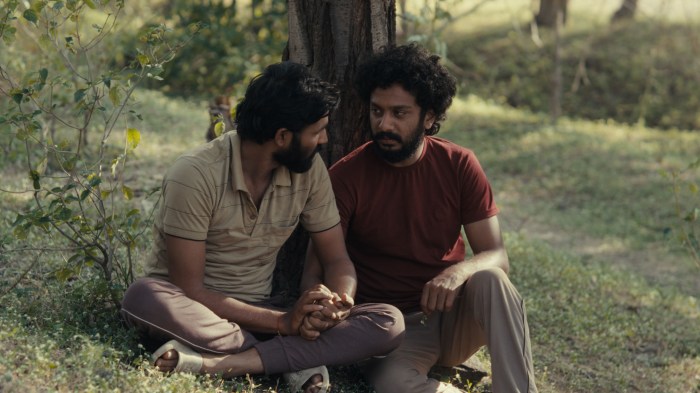Manhattan Councilman Mark Levine illustrated on Monday a bleak reality – and near future – for the city’s morgue and cemetery capacity in the ongoing COVID-19 crisis.
City parks could soon be used for temporary interment of the death as bodies accumulate beyond available storage in hospitals and government facilities, all while cemeteries are starting to turn away families hoping to put loved ones to rest, Levine said in a Monday morning Twitter thread.
“NYC’s “city morgue” is the Office of the Chief Medical Examiner (OCME), which luckily is the best in the world. But they are now dealing w/ the equivalent of an ongoing 9/11. And so are hospital morgues, funeral homes & cemeteries,” Levine wrote. “Grieving families report calling as many as half a dozen funeral homes and finding none that can handle their deceased loved ones. Cemeteries are not able to handle the number of burial requests and are turning most down.”
While an average day in New York City might see 20 to 25 deaths at home, Levine said the number is now about 200 to 215. Now so many people are dying that the city can no longer get swabs of individuals to establish a cause on their death certificates.
“This almost certainly means we are undercounting the total number of victims of this pandemic,” Levine added.
Temporary interment in parks for caskets 10 in a row would be “dignified,” but a heart-wrenching scene for New Yorkers to behold, according to Levine.
This shocking statement was rejected by not only City Hall, but also by Governor Andrew Cuomo who called it a “wild” claim that he had heard nothing about.
“We are NOT currently planning to use local parks as burial grounds. We are exploring using Hart Island for temporary burials, if the need grows,” mayoral spokeswoman Freddi Goldstein said on Twitter.
The severity of the mortuary situation would not appear to be totally lost on Mayor Bill de Blasio who has made mention of a secondary crisis on at least two occasions.
De Blasio addressed the issue of delayed death certificates at an April 3 press conference as well as aid coming from the federal government to deal with back-up mortuary situation.
“I can tell you that I’ve had extensive discussions with FEMA and the Department of Defense and to the credit of both of them they have sent in all the personnel and, and equipment that we asked for to help deal with this challenge,” de Blasio said. “It’s over a hundred federal personnel, including military personnel who’ve come in with the equipment needed to help deal with this crisis on the mortuary side.”
The mayor had also commented on March 30 that the USNS Comfort would bring additional resources to the city in order to “help us with the forensics and the mortuary problems that we’re going have, because we are going to have an awful lot of folks that aren’t going to make it.”
Meanwhile, Wyckoff Heights Medical Center as well as other hospitals in the city have makeshift morgues set up in 18-wheeler trailers with bodies – sealed in plastic bags – stacked on wooden shelves.
An organization known as the Cremation Institute saw the disaster coming on March 18, when the existing death toll was still in the offing. Demand for funeral services could spike by 150%, the institute warned.
“I think we’re seeing the perfect Corona Storm. On one hand, the Trump Administration continues to deny the serious danger that this virus poses. So preventative measures for containing it have been delayed and careless. So when the inevitable spike in deaths occurs, the funeral industry won’t be able to cope,” Cremation Institute President Adam Binstock said.
According to the organization, caskets will be another shortage.
China, they said, produces about 85% of the world’s caskets, and the majority of the factories have been shut down due to the COVID-19 crisis on their shores.



